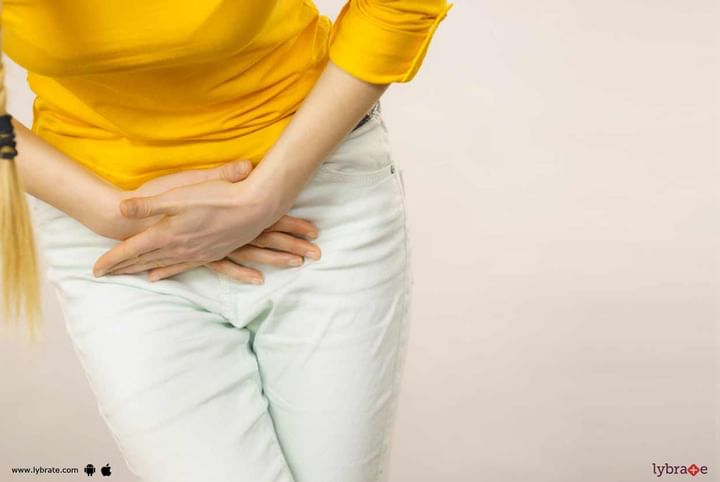Ovarian Cysts - Understanding The Causes & Symptoms Of It!
The ovaries are the egg producing organs, an essential part of the female reproductive system, they are responsible for the production of estrogen and release an egg every month. If the egg is fertilized with a sperm it can result in a pregnancy.
Ovarian cysts are quite common among women. Ovarian cysts are known to be small sacs filled with fluid that are situated in the ovaries.
Causes of ovarian cysts: Among ovarian cysts, the most common one is called the 'functional cyst'. This type of cyst is generally formed during the process of ovulation, wherein either the eggs do not successfully release from the sac or the sac (follicle) fails to disintegrate properly after the release of the egg.
Certain factors that can cause ovarian cysts are:
- Age that is ovarian cysts are more likely to occur in women who have reached menopause
- Smoking
- Being overweight or obese
- Consumption of fertility drugs
- Hormone replacement therapy
- Family history of ovarian cysts and cancer
- Early menstruation, that is, the onset of the period before the age of 11
- Hypothyroidism
Symptoms related to ovarian cysts: Generally, ovarian cysts show no specific symptoms and are generally located during a physical examination or an ultrasound. But, in case you suffer from large cysts or those that have ruptured, you may experience certain signs like:
- Pain while having sex. Great discomfort may be felt, particularly when deep penetration is attempted.
- Pain in the lower abdominal and pelvic region. This pain may be intermittent or persistent. It can also vary from being mild to quite sharp.
- Irregularity in the menstrual cycle.
- An uncomfortable pressure in the lower abdominal and pelvic area.
- Acute pain in the pelvic area and the lower back all throughout the menstrual period.
- Pain in the pelvic area after a session of vigorous exercise or strenuous physical activity.
- A feeling of discomfort or pain while urinating or during bowel movements.
- Nausea, followed by vomiting.
- Pain in the vaginal area, or light bleeding.
- Infertility
- Problems with healthy bowel movements.
- Bloating



+1.svg)
